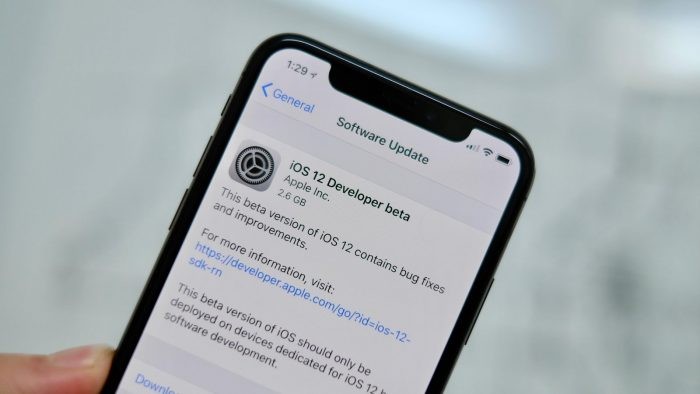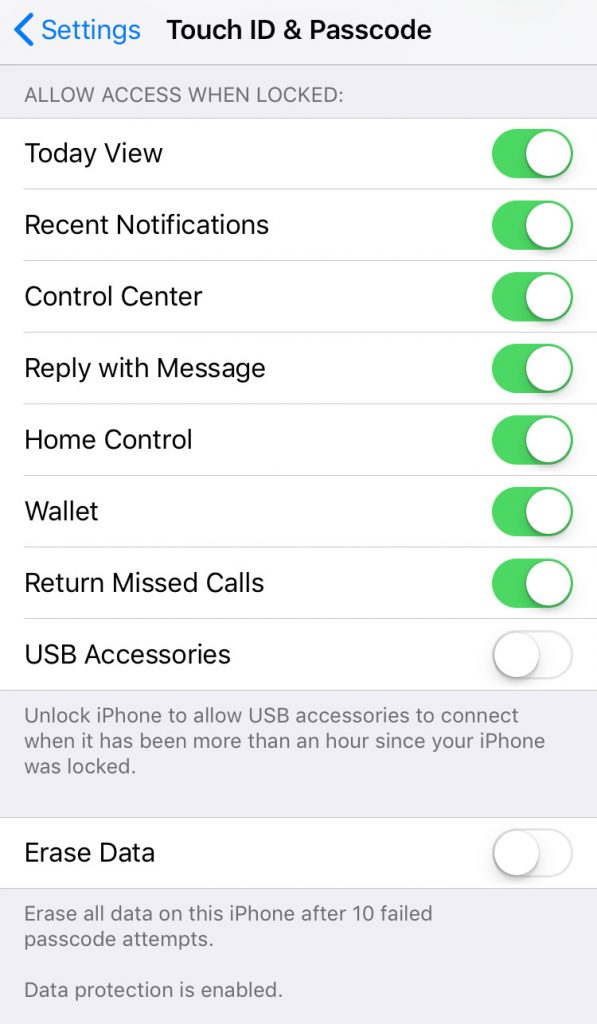
iOS 12 to Include USB Restricted Mode That Disables Police Unlocking Tools
- iOS 12 is set to include a new security feature that could completely disable police unlocking tools.
- The new feature can disable most currently available phone cracking technology like GrayShift and Cellebrite.
- The feature has been in the works since the iOS 11.3 beta but has not been included in any live version of iOS yet.
Apple is working on a new security feature that can prevent any iOS device from being unlocked using third-party tools. Police unlocking tools like GrayShift and Cellebrite which are used by cops across the globe to unlock seized devices can be completely negated by the new feature. USB Restricted Mode has been in the works since the iOS 11.3 beta, but it has not been pushed to the live OS yet. It is likely the feature will make it into iOS 12 once the update releases later this year on all existing devices that are on iOS 11.
Enabling the feature forces users to unlock the device with a passcode whenever a USB accessory is connected. The feature activates on any Apple device that is not connected to any USB device for an hour. USB Restricted Mode can be enabled on any iOS device in the “Touch ID, Face ID and Passcode Settings” option in the Settings menu.
Image Courtesy of iOS 12 Beta
According to security researchers, the inclusion of USB Restricted Mode kills off all currently available unlocking tools used by law enforcement. Apple devices do not communicate at all through USB as long as the feature is on and data connections are not possible without a passcode being entered.
Older iterations of the app triggered USB Restricted after 1 week of devices not being used, which meant law enforcement officials could act quickly and break into iOS devices. The new one-hour time frame makes it almost impossible for law enforcement officials or hackers to gain access to a device.
Apple did not mention the feature during the Apple WWDC event yesterday when iOS 12 was showcased. It is uncertain when the feature will make it into the live version of the OS, but its inclusion could not only make life difficult for cops but also prevent data theft from stolen devices.








